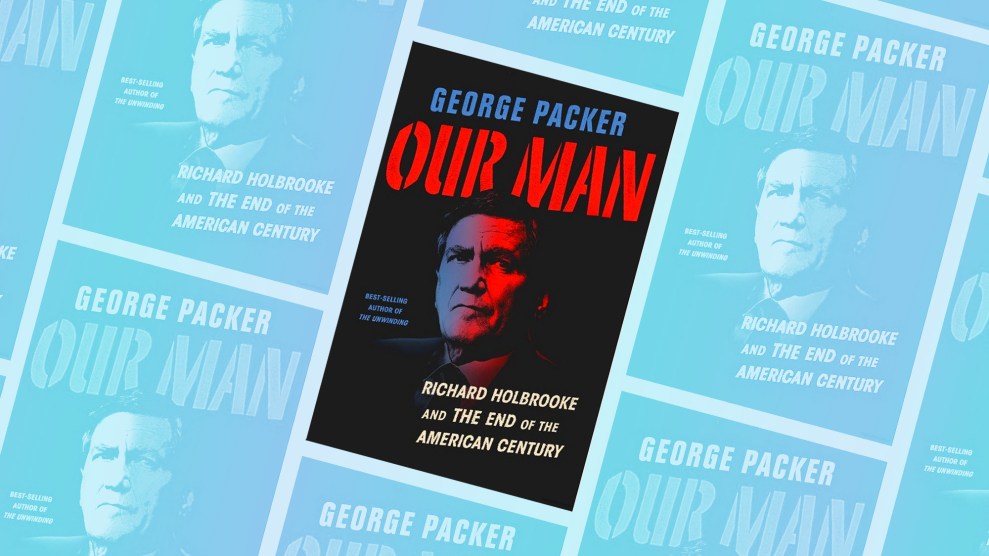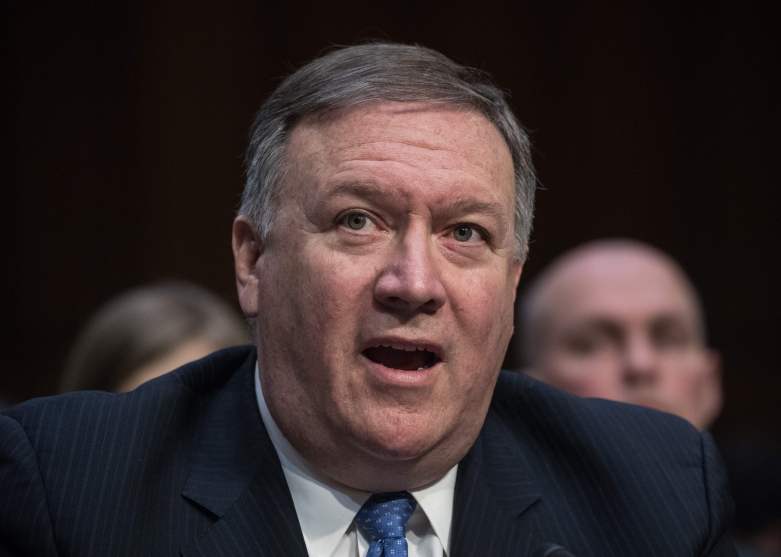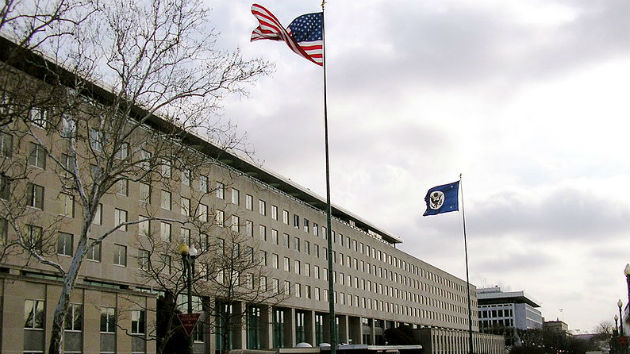
Longtime US diplomat Richard Holbrooke was many things: US ambassador to Germany, an author, assistant secretary of state, and a womanizing, social-climbing jerk. While the larger-than-life statesman saw “power the way an artist sees color,” as one former military leader put it in 2009—the year before Holbrooke died at 69—another former colleague described him as the “diplomatic equivalent of a hydrogen bomb,” leaving few survivors after being deployed.
Mother Jones’ Editor-in-Chief Clara Jeffery sat down at City Arts and Lectures in San Francisco in May with award-winning journalist George Packer from The Atlantic to discuss the life and career of Holbrooke, whose professional trajectory extended from Vietnam to Afghanistan, and whose greatest triumph was negotiating something resembling peace in Yugoslavia’s long and bloody war.
Packer’s new book, Our Man: Richard Holbrooke and the End of the American Century, about this American foreign policy giant, paints a portrait of a historical figure who wrestled with egotism and idealism throughout his storied career.
“If you’re above him he’s going to flatter you, if you’re below him he’s probably going to mentor you in a pretty rough way,” Packer said of Holbrooke’s viperous personality. “But if you’re at his level he’s going to have to kill you because you might kill him.”
Holbrooke came to define, for all of his flaws, a type of American power abroad that is now in short supply. His story is particularly timely, as President Donald Trump’s administration drags the country even further into isolationism and nativism, alienating allies and praising dictators.
“Everything Trump does is the opposite of what Holbrooke would do,” said Packer. “It’s a way to predict what Trump will do by asking yourself: ‘Would Holbrooke do this?'”
Listen to Clara Jeffery interview George Packer on the latest episode of the Mother Jones Podcast below:












